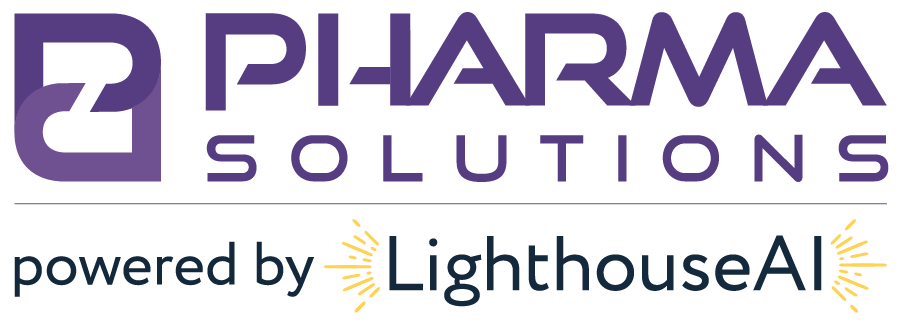Oregon Passes Pharmaceutical Representative Licensure & Disclosure Law, Effective January 1, 2022
On July 19, 2021, Oregon’s Governor, Kate Brown, signed into law Senate Bill 763 which requires pharmaceutical representatives to obtain a license prior to the marketing or promoting of pharmaceutical products to health care providers. This law becomes effective January 1, 2022. The law also grants the Director of the state’s Department of Consumer and Business Services (“DCBS”) the authority to require that licensees submit sample and spend disclosures and additional information related to their interactions with health care providers. Oregon now joins Nevada, the City of Chicago, and the District of Columbia that also impose similar requirements on pharmaceutical representatives. Compliance departments will bear the burden of ensuring compliance to this new law since it is aimed at licensees and not at pharmaceutical manufacturers. Licensees that violate any of the law’s provisions can have their license suspended or revoked. Additionally, licensees can be fined not less than $1,000 and not more than $3,000 for each violation. NOTE: Each day during which a violation continues constitutes a separate violation.
The Bill was passed with the intention of utilizing it to rein in pharmaceutical representatives from marketing high-cost, brand medications, which contributes to keeping prescription drug costs high. The dealings discussed during meetings with health care providers will now be required to be more transparent. The goal is to slow down the current marketing practice of the pharmaceutical representatives writing more prescriptions for well marketed medications rather than more affordable versions of similar pharmaceuticals and to alleviate the financial strain faced by those who depend on the drugs.
Starting in January 2022, prior to engaging in the marketing or promotion of pharmaceutical products to health care providers, pharmaceutical representatives will be obligated to obtain a license from Oregon’s DCBS. This requirement does not apply to pharmaceutical representatives engaging in this activity “for fewer than 15 days during each calendar year.” The conditions of initial licensure will include completion of a professional education course that the Director of DCBS specifies by rule and the payment of a $750 license fee. Annual renewal conditions include completion of least five hours of continuing education that the Director of DCBS specifies by rule and that an applicant or a licensee may not receive professional education from the applicant’s or licensee’s employer, as well as paying the $750 license fee.
The Director of DCBS has the authority to “request or at intervals [specifie[d] by rule” that a licensee provide the following documentation:
- Documentation that shows that the licensee has completed education required under this section;
- A list of health care providers within the state that the licensee contacted since the director’s last request or during the previous calendar year, as appropriate;
- The number of times the licensee contacted each health care provider;
- The location and duration of the licensee’s contact with each health care provider;
- Which pharmaceutical products the licensee promoted;
- Whether the licensee provided the health care provider with any product samples, materials, or gifts and, if so, the monetary value of the samples, materials or gifts; and
- Whether and how the licensee otherwise compensated the health care provider for contact with the licensee.
It remains unclear how this part of the law will be implemented. the disclosure of this information is not preempted by federal reporting under the federal Open Payments Program or FDA’s requirement that manufacturers report drug sample information under Section 6004 of the Affordable Care Act.
Key Definitions
- “Pharmaceutical representative” means a person that markets or promotes pharmaceutical products to health care providers.
- “Pharmaceutical product” means a medication that may be legally dispensed only with a valid prescription from a health care provider
- “Health care provider” means a person that is licensed, certified or otherwise authorized under the laws of this state to prescribe, provide or dispense pharmaceutical products to patients for the purposes of diagnosis, treatment or care of disease, injury or congenital conditions including, but not limited to, a person who is: (A) A physician or physician’s assistant; (B) A nurse practitioner; (C) A psychiatrist; (D) A pharmacist; or (E) A hospital, clinic or pharmacy.




0 Comments